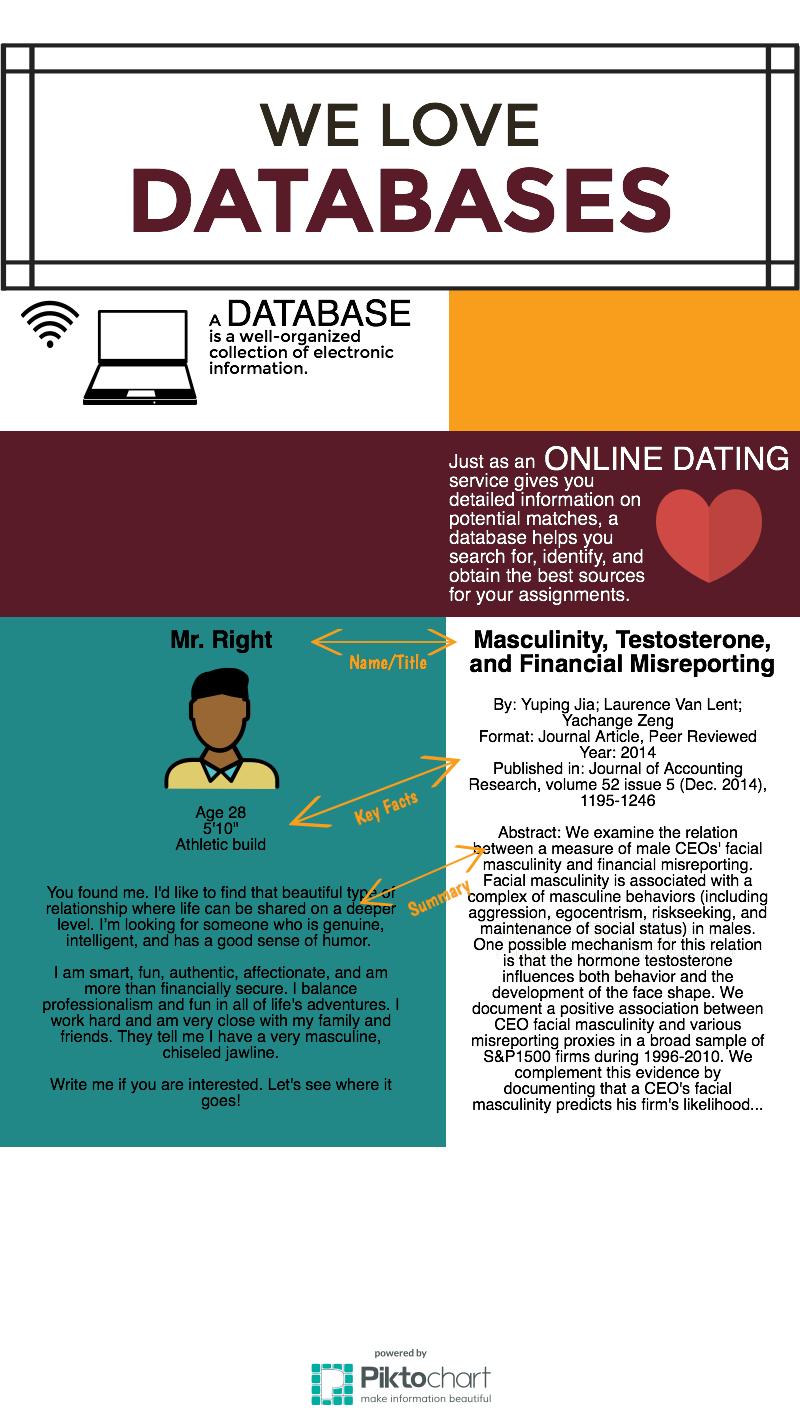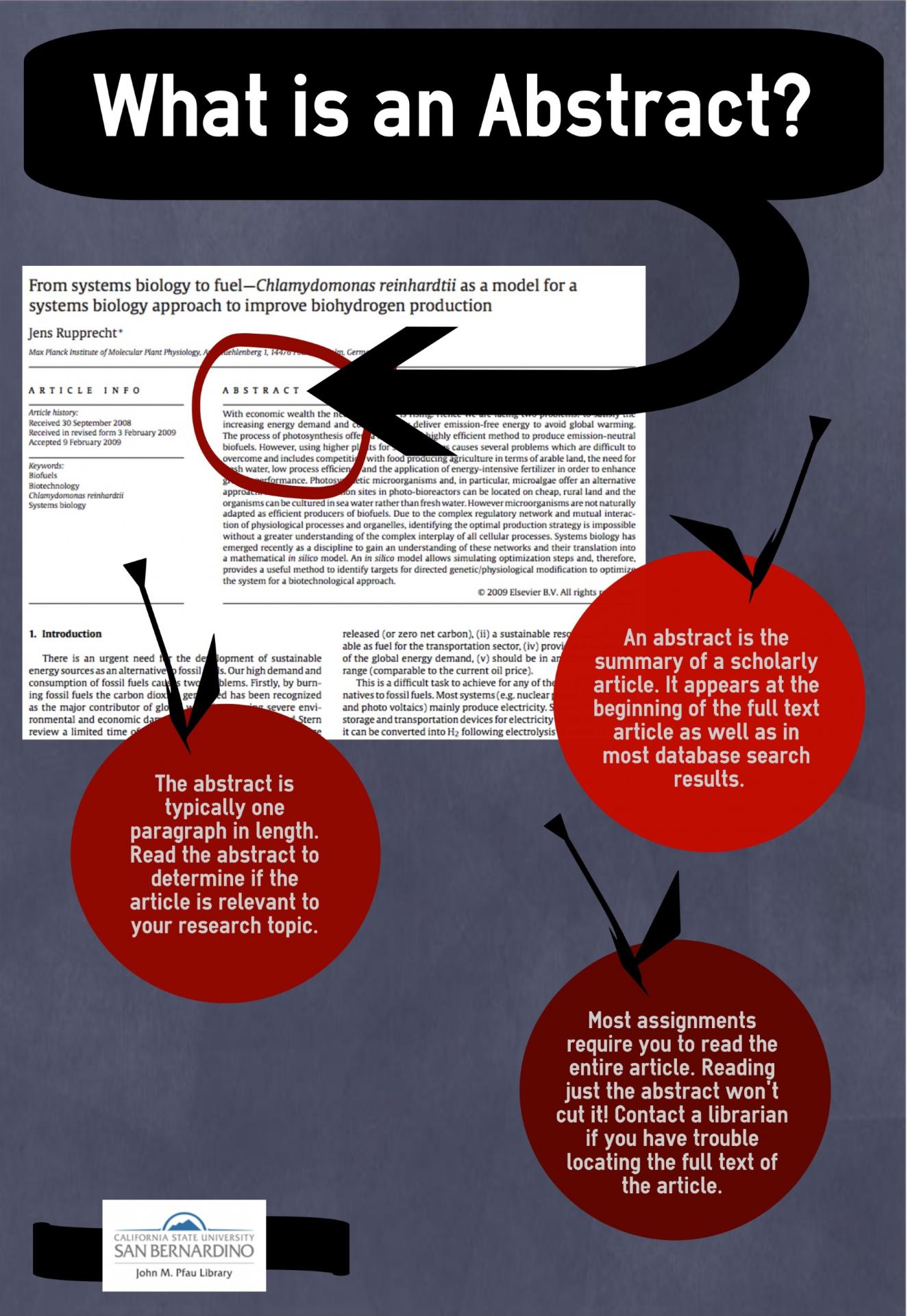Students create and use effective search strategies in order to engage in exploratory, inquiry-based research processes.

Class Activities
- Research is an iterative process with lots of starts and stops and trial and error, and each discipline (and individual researcher!) has its own research moves and methodologies. Ask students to reflect on their own research processes by using the Research Process Map (Klipfel & Cook, 2017). If students are new to research, consider walking them through your own research processes first.
- Show a variety of images and ask students to brainstorm keywords they might use to search for the images.
- After students have brainstormed a topic or question, have them write it on a piece of paper. Have the students pass their papers to two or three other students who can then brainstorm keywords (including synonyms or related concepts) for the topic or question. Supplement keywords by exploring an online thesaurus.
- Ask students to explore the Pfau Library’s databases by subject list. If you are teaching an interdisciplinary class, prompt students to identify databases from a variety of subject areas that might be useful for a specific topic. If you are teaching a subject-specific class, assign student groups to explore a different database within a subject category and demonstrate how to use it for the entire class. Or make a game of it! For example, the first group to find an article on Victorian gender roles in an assigned database “wins.”
- Check out Foucault’s critique of academic disciplines in Discipline and Punish. How are disciplinary categories reflected, reified, or subverted in the library’s databases by subject list?
- In addition to keywords, sources are often categorized by subject headings (sometimes referred to as “subjects” or “subject terms”), which function much like hashtags. You can search using subject headings, and they can often be found in a book or article’s record:
Read an article and create hashtags, keywords, or subject headings for it. Next, look at its actual subject headings. How are your terms similar or different? Why do you think this is?
Did You Know?
- Subject headings continue to be accused of being biased and/or offensive, or simply not reflective of the identities and experiences of many. For example, idiocy was used as a subject heading before the introduction of mental retardation in 1993. Recently, some have replaced mental retardation with more inclusive terms like intellectual disability. For more, see Three Decades Since Prejudices and Antipathies: A Study of Changes in the Library of Congress Subject Headings.
Pfau Library Videos
- Choosing and Using Keywords
- Using OneSearch Video
- Intermediate Database Searching
- Advanced Database Searching
Related Resources
We Love Databases infographic
What is an Abstract? infographic
- Worksheet: Choosing a Topic (Klipfel & Cook, 2017)
- List: Databases by Subject
- How-To: Find a Book in the Library Catalog
- How-To: Locate a Book on the Shelf
- How-To: Using “Search for Full Text”
- How-To: Using PsycINFO
- How-To: Educational Leadership: Video Orientation Series for Ed.D. students
- LibGuides: Research Skills
- Keyword Searching – Georgia Highlands College Libraries
- Keyword Generator – University of Texas at Austin, University of Texas Libraries (CC-BY-NC 3.0)
- Information Literacy Tutorial – University of Wisconsin–Milwaukee Libraries
Last updated 2018


